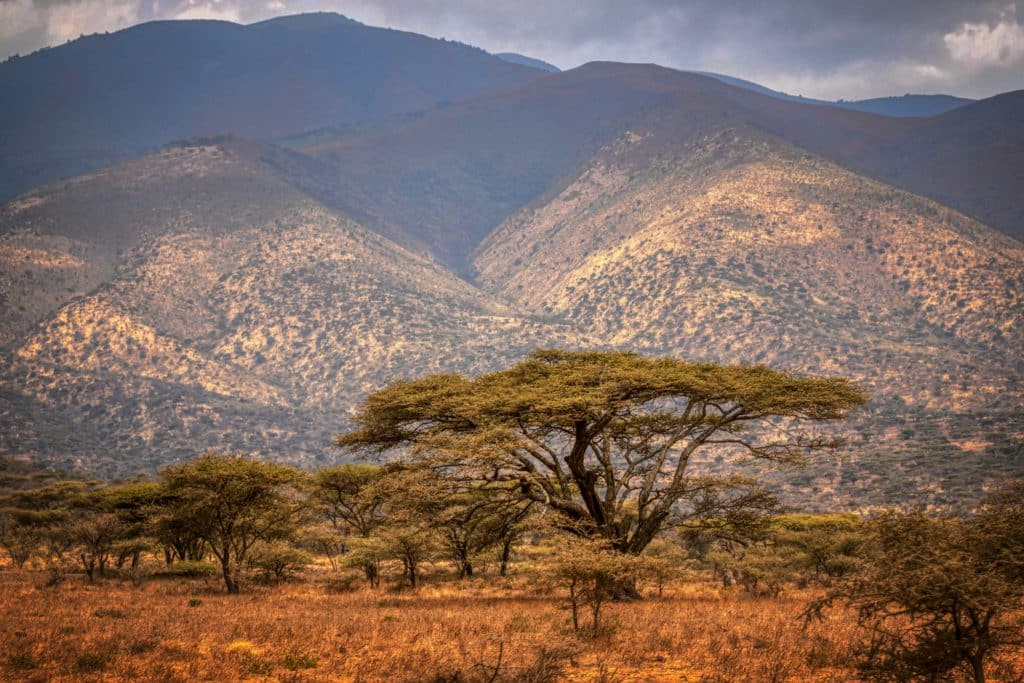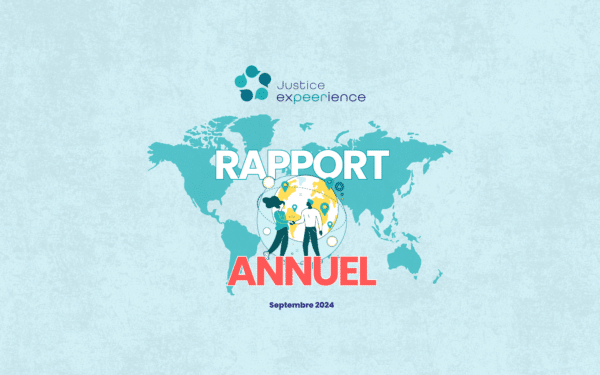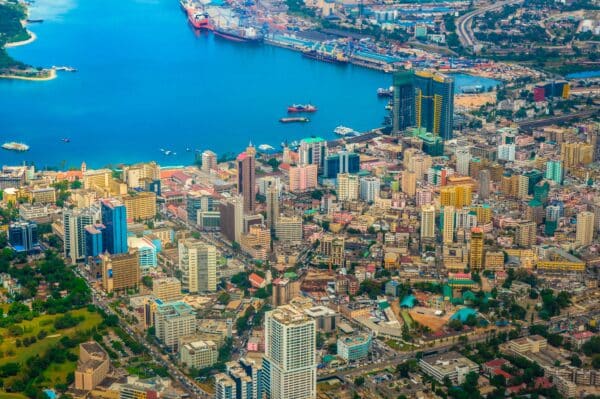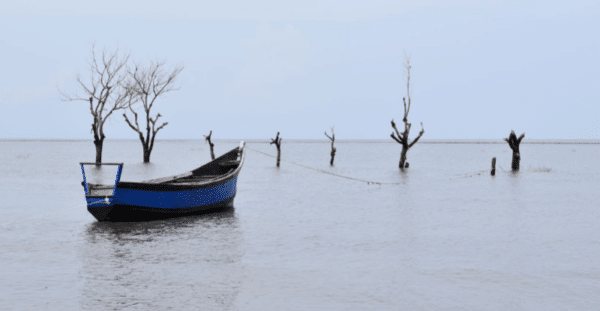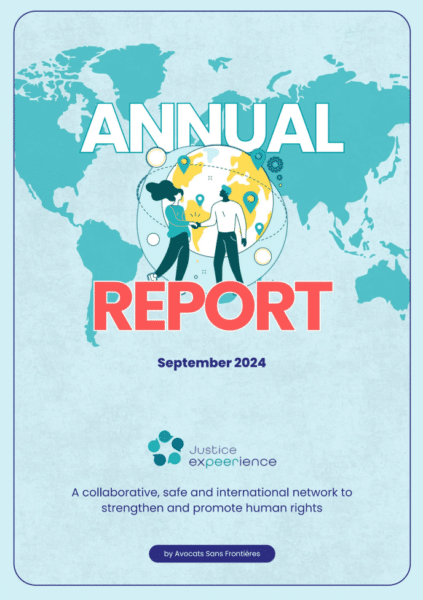General context
Tanzania, the largest country in East Africa, is a union of the separate states of Tanganyika and Zanzibar. In contrast to some of the neighbours, it has never experienced sustained violent conflict, at least on the mainland. While it has, ever since independence, been dominated by the single ruling Chama Cha Mapinduzi (CCM) party, there was a notable sharp decline in democratic and civic space during the presidency of John Magufuli (2015 – 2021).
When current president Samia Suluhu Hassan succeeded him in 2021, she showed a purported willingness to undo these restrictions of public freedoms. The government lifted bans on newspapers and on political rallies that her predecessor had imposed, and President Suluhu reached out to her political opponents. The main opposition leader and former presidential candidate, Tundu Lissu, returned to Tanzania after more than two years in exile in Europe, and held, together with supporters of his party, Chadema, his first major political rally in January 2024. Despite these gestures, the government has yet to review laws restricting freedom of expression and association that were passed during Magufuli’s reign. In addition, the recent crackdown on critics of a port deal with the United Arab Emirates and on activists representing marginalised groups show that challenges remain. President Samia Suhulu Hassan has also been criticized for delaying the constitutional reforms she had promised to undertake ahead of the 2024 local elections and 2025 general elections.
Extractive industries are a major source of economic activity in Tanzania, with the mining sector alone contributing 9.7% to the country’s total GDP in 2022. In the global rush to achieve the energy transition towards cleaner renewable technologies, the demand for critical minerals extracted in Tanzania is continuing to grow. Tanzania signed a deal to host the East African Crude Oil Pipeline (EACOP), which is the world’s longest heated oil pipeline, expected to transport oil from Uganda’s Lake Albert to the port of Tanga in Tanzania.
These extractive projects in Tanzania are the source of many human rights concerns, including environmental degradation, forced evictions, the disruption of livelihoods, and violence towards communities, in particular women. In the context of growing mining operations and the construction of EACOP, the question of access to effective remedy for communities affected by extractive industries is a key priority for ASF.
ASF’s intervention
ASF, IPIS, Hakirasilimali and BHRT have partnered under the DGD2 project in Tanzania, which aims to empower Tanzanian communities and civil society organizations to engage government and industry in fostering access to justice, good governance and human rights. The project’s attention is on the extractive sectors (oil and gas, forestry and mining) and covers four regions, namely Tanga, Mara, Shinyanga and Manyara.
The project is focused on three interconnected result areas: (i) documenting human rights issues; (ii) fostering access to remedy and (iii) facilitating evidence-based dialogues to promote policy change.
ASF’s main role is to assist justice seekers in accessing judicial or non-judicial remedies for human rights violations through capacity-building activities for legal aid service providers and affected communities. Given the risks encountered by human rights defenders, ASF also intends to ensure the legal protection of those facing arbitrary arrests or others forms of intimidation. Lastly, ASF will make use of strategic litigation to advance communities’ rights as well as broader social and policy goals related to the extractive industry.

